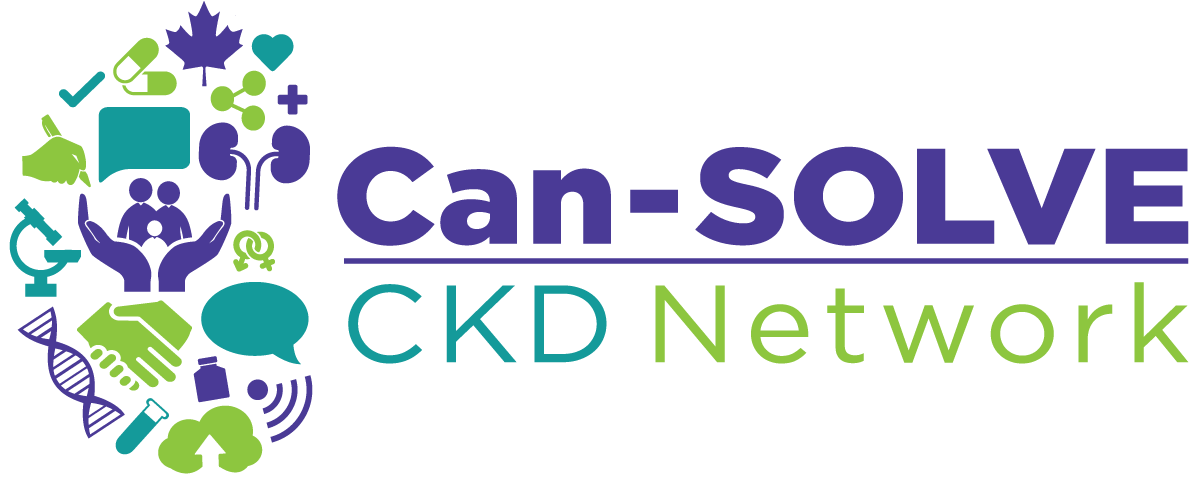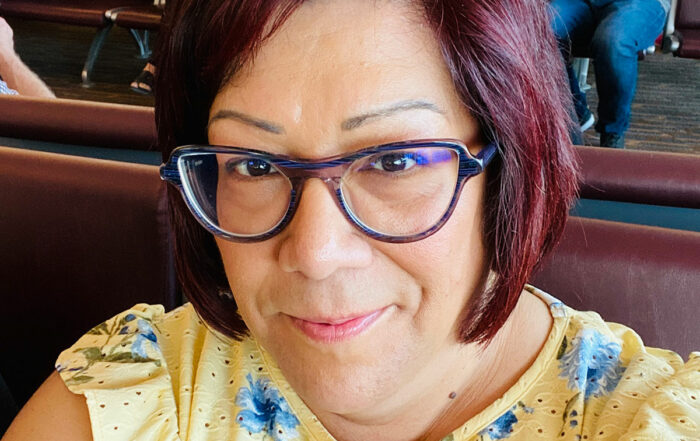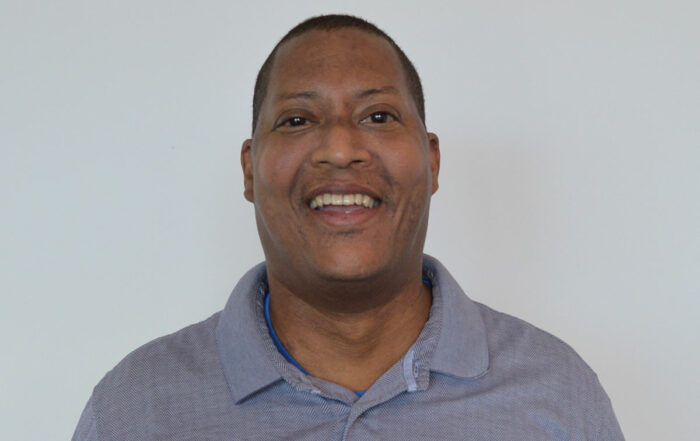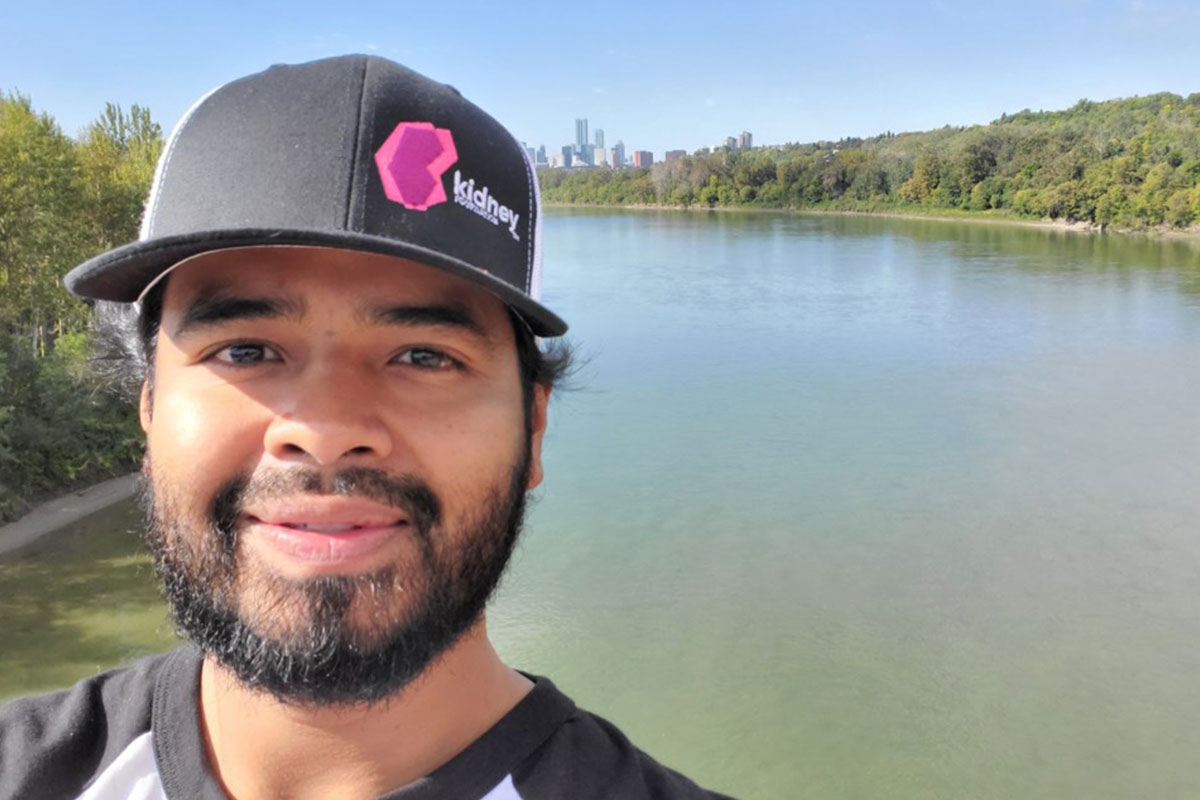
"If you aren’t sure about something, ask questions. The more information you have, the better you’ll be able to navigate and be your own advocate."
Shortly after birth, Manuel Escoto was diagnosed with posterior urethral valves, a medical condition that affects the bladder. For much of his childhood, health complications led to frequent visits to the doctor’s office and emergency room, before his health appeared to improve during his late teenage years. By age 19, he was feeling healthy and ready to start a new chapter of his life at Grant MacEwan University.
“Everything was going well at first, but towards the end of the semester I started feeling a bit off,” explains Manuel. He brushed it off thinking it was just stress related to finals. At first his vision was blurry, but then he began to experience extreme fatigue, headaches and nausea. “In the span of between two or three weeks, I ended up in emergency,” Manuel says. “Everything had snowballed.”
In the emergency room, a doctor informed Manuel that his kidneys had failed, and that he would need to start dialysis within 24 hours, given that his creatine was over 2,100 µmol/l.
Manuel was stunned. “I felt very overwhelmed,” he says. “I didn’t really get what the doctor was saying. Honestly, I had never given thought to my kidneys before. Dialysis – what’s dialysis? You’re telling me I’m going to need a transplant – what does that even mean? These are words that I had never learned before. It was completely foreign.”
Manuel went to a dialysis clinic three times a week for the next 21 months. For someone in their early 20s, this required a modified lifestyle. Saturday nights were when his fellow classmates were often attending events and socializing, but it was also his usual timeslot for dialysis. Even single-night camping trips had to be cancelled if the plans clashed with his dialysis schedule. Nevertheless, Manuel was able to schedule dialysis treatments in the evening and continue with his studies throughout the week.
He says that, while many people express sympathy for him experiencing kidney failure at such a young age, he feels lucky. Being younger, and especially with all the health issues he faced as a child, meant that he could cope better with the dialysis treatments compared to many elderly people whom he sat alongside at the clinic.
He also feels gratitude for all the support from his family – every single member of his immediate family volunteered to donate a kidney for him, and he eventually received a transplant from his mother.
Over the course of 14 years since Manuel received his transplant, he has made every day count. “I was able to continue my undergraduate studies and I went back and finished my masters,” he says. “Traveling has become such a huge thing after my transplant because [any day] it could be gone and I could be back in that [dialysis] chair.”
His advice for other young people diagnosed with kidney disease is to realize that it’s okay to not push yourself so hard. “We shouldn’t minimize the impact that kidney disease and organ failure have on our physical and emotional health. If you need support, ask for it. If you need to talk to someone, many programs now exist were you can speak with someone who has gone through a similar journey.”
While he was on dialysis, Manuel wanted to be as “normal” as possible. Now as a 35-year-old, he realizes that no one expected him do anything other than be as healthy as he could. But the internal pressure he put on himself to be normal led to some situations where his exhausted himself. As well, he emphasizes how important it is for patients to ask questions
“My goal was to be that good patient, compliant patient, who didn’t create any fuss,” explains Manuel. “But, if you aren’t sure about something, ask questions. The more information you have, the better you’ll be able to navigate and be your own advocate.”
As an experienced dialysis patient and now transplant patient, Manuel is working with Can-SOLVE CKD as a patient partner and member of the Knowledge Translation/Knowledge User Committee, where he not only shares his experience as a patient but also his expertise in research, policy and knowledge translation. One thing that he says is particularly great about working with the network is that his insights and perspectives are taken seriously. “It’s not about tokenism, which I absolutely love,” he says. “Everyone has been so great to work with. When they take your opinion and value it as a patient, that’s what you want. You want to feel like you matter and your input matters. And you’re not there just so they can check off a box.”
More Patient Voices
Connect with us!
Subscribe to learn more about what we do, why it matters, and how you can get involved!
